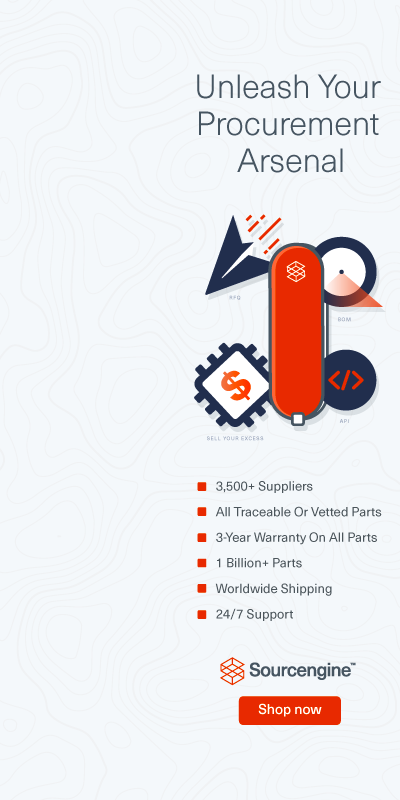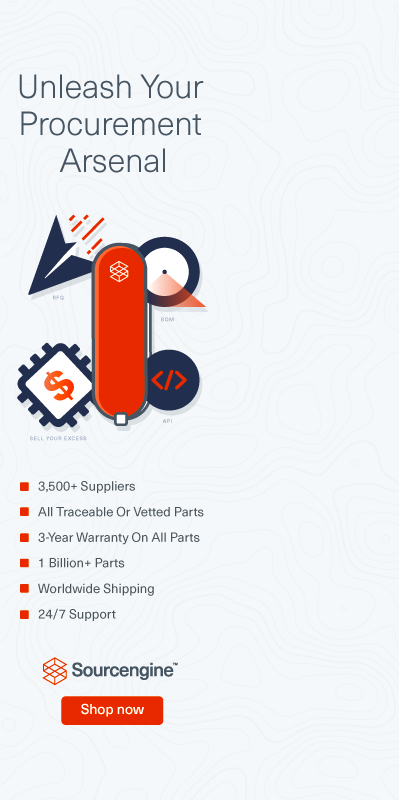
© stockfotocz dreamstime.com
Business |
Late payments put a quarter of UK SMEs at risk of insolvency
A survey by invoicing specialist Tungsten Corporation has revealed that nearly a quarter of UK SMEs are facing financial crisis due to late payment of invoices.
The average SME is owed £40,857 in unpaid invoices, a survey by Tungsten Corporation revealed, with £20,937 of that total overdue. When applied across the UK’s 5.2 million SMEs, the total owed could be as much as £212 billion.
Richard Hurwitz, CEO at Tungsten, said: “These figures are a telling reminder of the challenges faced by SMEs in this country. An unpaid invoice can mean the difference between a successful month of trading and a dangerous financial shortfall. In the worst case it could lead to insolvency.”
Of the 1,000 companies surveyed, 23 per cent responded that late payments have put them at risk of closure. The issue was most acute in the technology sector, where almost a third of all businesses (32%) had been impacted financially by late payments from customers.
Although 33% of businesses surveyed said that there was no clear pattern regarding the size of business and late payments:
- 22% said most late payments were from large businesses
- 11% said most late payments were from medium-sized firms
- 8% identified the public sector as being responsible for late payments






